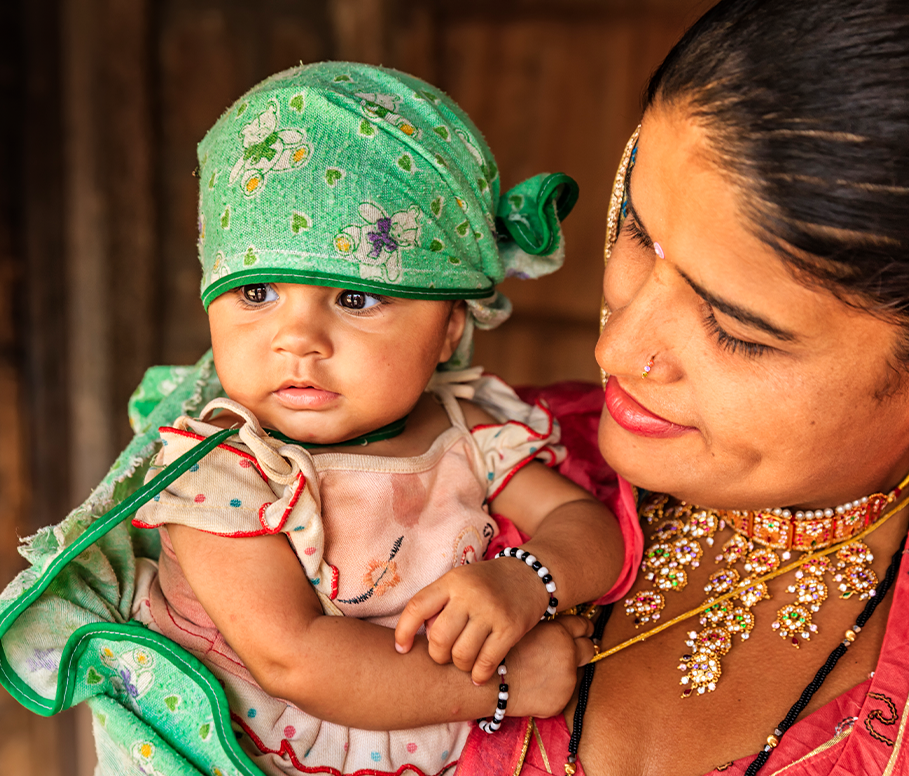This case study was adapted from an article published by Innovate4Health.
Who:
Sehati, an Indonesian start-up addressing health barriers in the country’s resource-scarce communities through mobile applications and technology solutions.
The Challenge:
With 240 million people living predominantly in rural areas across more than 17,000 islands and 5,200 kilometers, healthcare delivery in Indonesia faces a range of obstacles. Issues specific to maternal and child health, which have led to high infant and maternal mortality rates, include lack of access to skilled providers, expensive and/or nonportable equipment, and low maternal health literacy. A recent study estimates that only 4,163 obstetricians/gynecologists exist for 5.4 million pregnancies each year, and 61% of those providers are located in Java, where Jakarta and about half of Indonesia’s population are located.
The Solution:
Sehati’s simple solution, TeleCTG, consists of low-cost, easily-transportable sensors paired with a smartphone application. The sensors collect key health data from pregnant women and transmit that data to obstetricians in major health centers. Through the mobile application, these skilled providers evaluate the data, consult with remotely-located midwives and offer clinical guidance. TeleCTG enables women in rural and resource-scarce locations to access high-quality maternal health care that women residing on Java can more readily access.
“We hope not only that Sehati and TeleCTG drive more innovation in the economy, but also revolutionize Indonesia's medical services by creating more efficient and well-distributed access.” – Abraham Auzan, Sehati Co-Founder
How Innovation was Made Possible:
While Indonesia’s innovation landscape has opportunity for improvement, Sehati secured intellectual property (IP) protection for TeleCTG in 2017, which has helped spur investment and enable access to the potentially life-saving device in even the most remote areas of the country.
In the recent Global Innovation Policy Center’s International IP Index, Indonesia ranked 45th out of the 50 countries, with Indonesia’s recent progress towards IP rights largely held back by weak IP frameworks and lack of participation in international trade agreements. Medical and biopharmaceutical innovation is particularly impaired by Indonesia’s lackluster IP environment, as well as by Indonesia’s concerning history of using compulsory licenses for commercial and non-emergency situations.
Sehati co-founder Abraham Auzan hopes Indonesia takes steps to better incentivize innovation, namely by bolstering IP protection. “Imagine if Indonesian students are forced to innovate, it will be a very good prospect for business,” Auzan stated, “We hope not only that Sehati and TeleCTG drive more innovation in the economy, but also revolutionize Indonesia's medical services by creating more efficient and well-distributed access.” Despite the challenging IP environment, Sehati has received support from the Indonesian government, who selected the start-up to represent Indonesia at the 2019 SXSW Festival in Austin, Texas, where TeleCTG caught the attention of international stakeholders and investors for its tremendous potential.
Through IP protection and investment, Sehati’s TeleCTG technology is transforming the lives of millions of mothers and children across Indonesia, and the innovative start-up plans to expand to 15 African countries in the near future.


